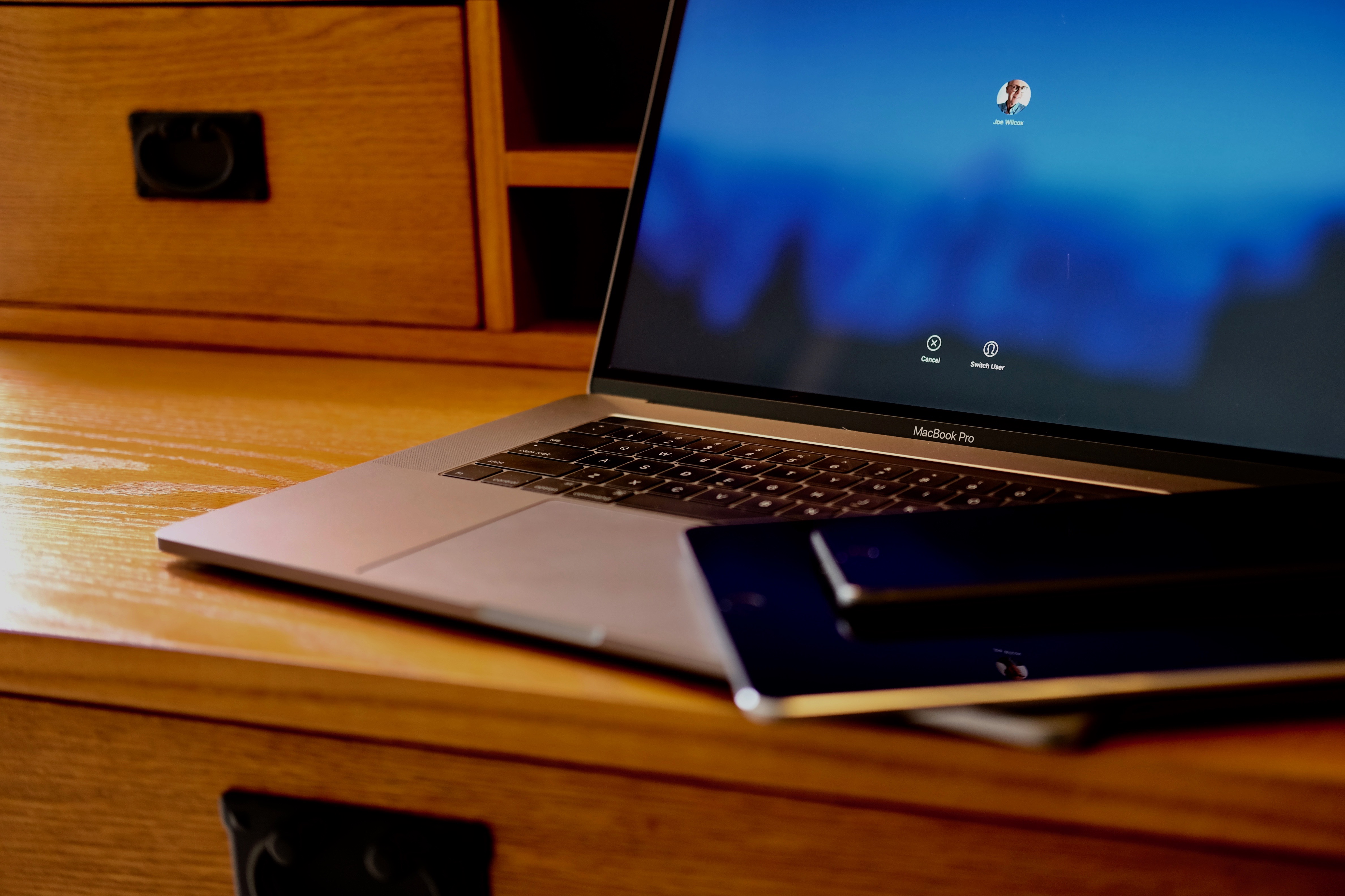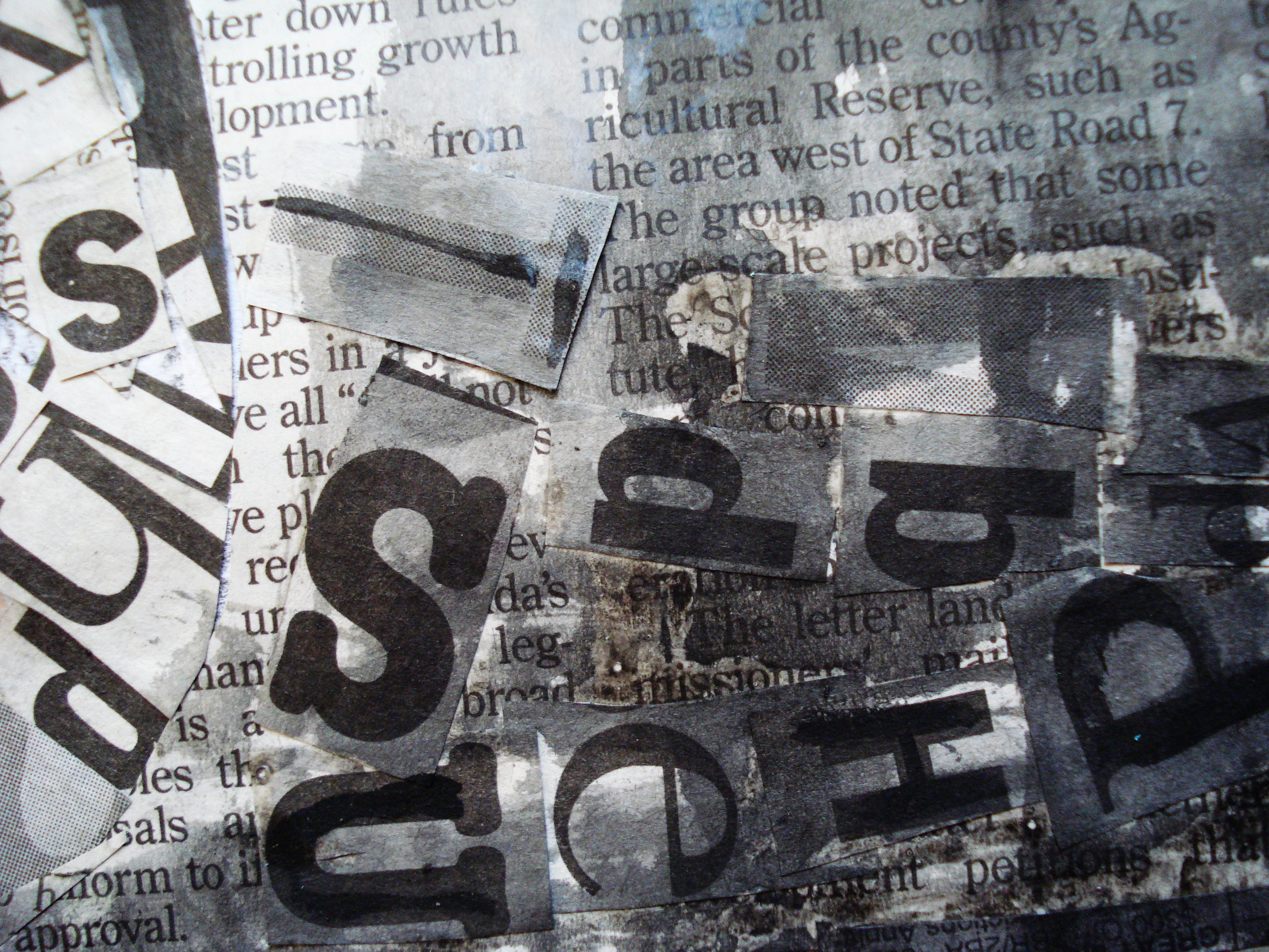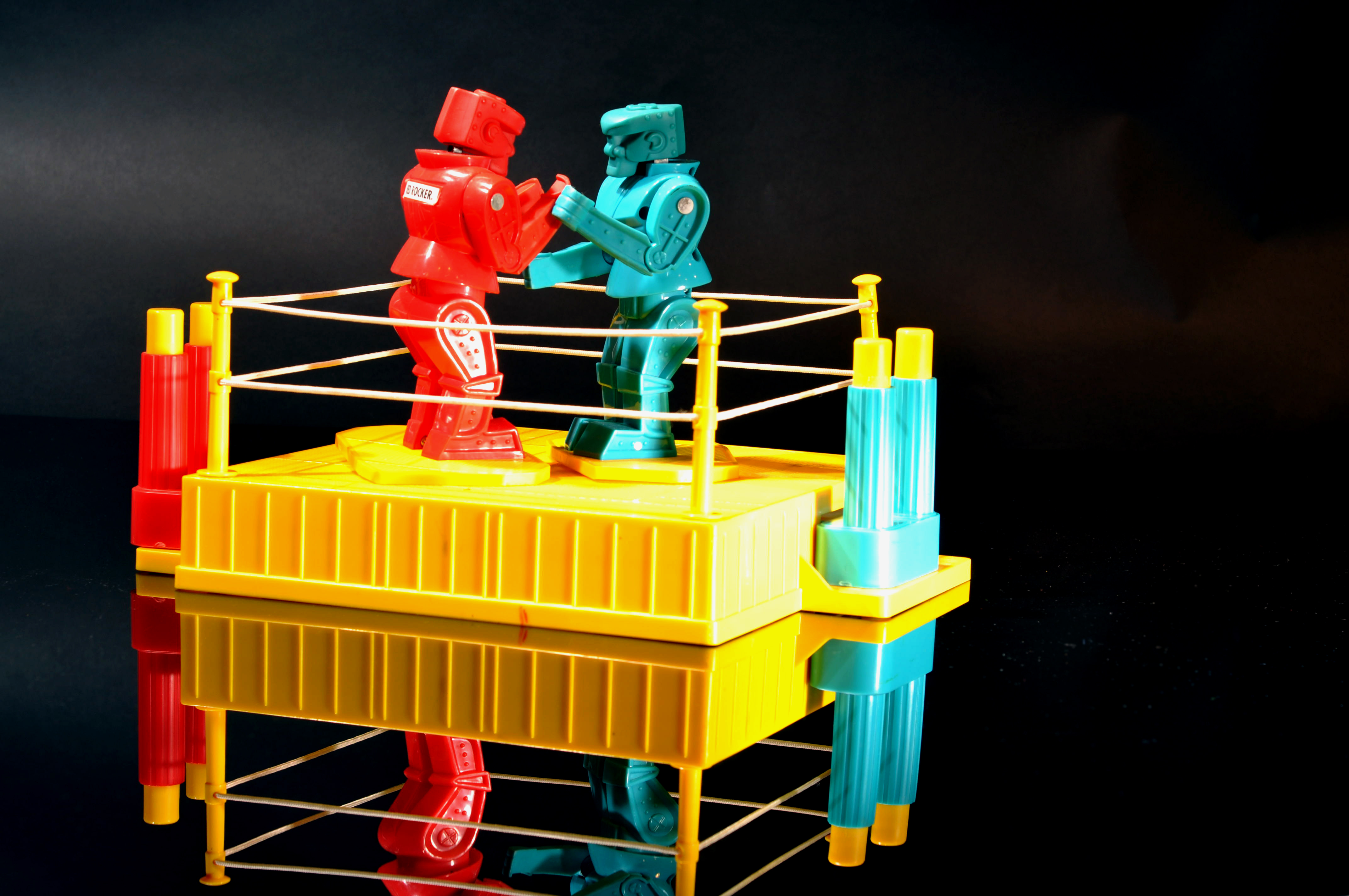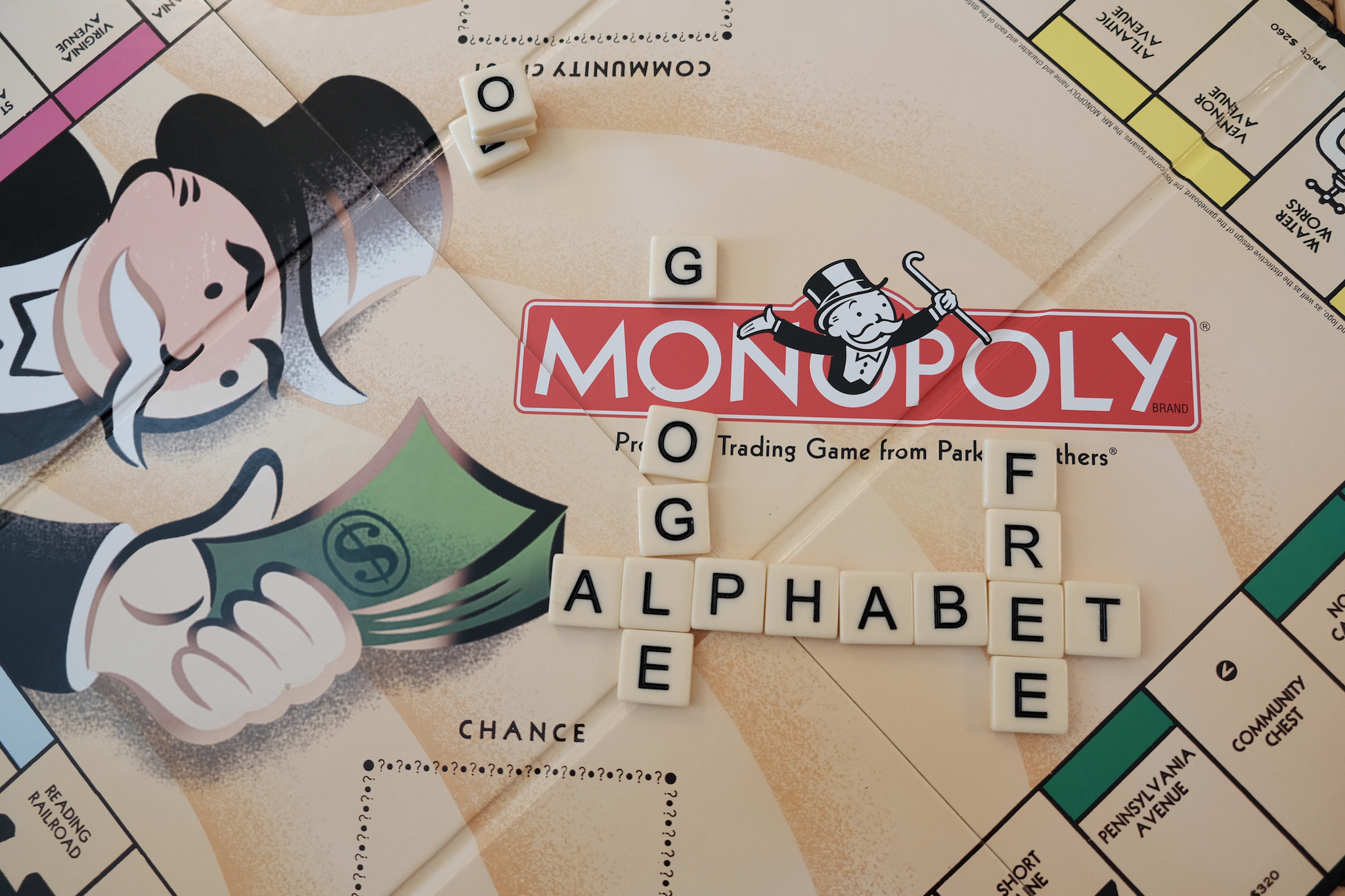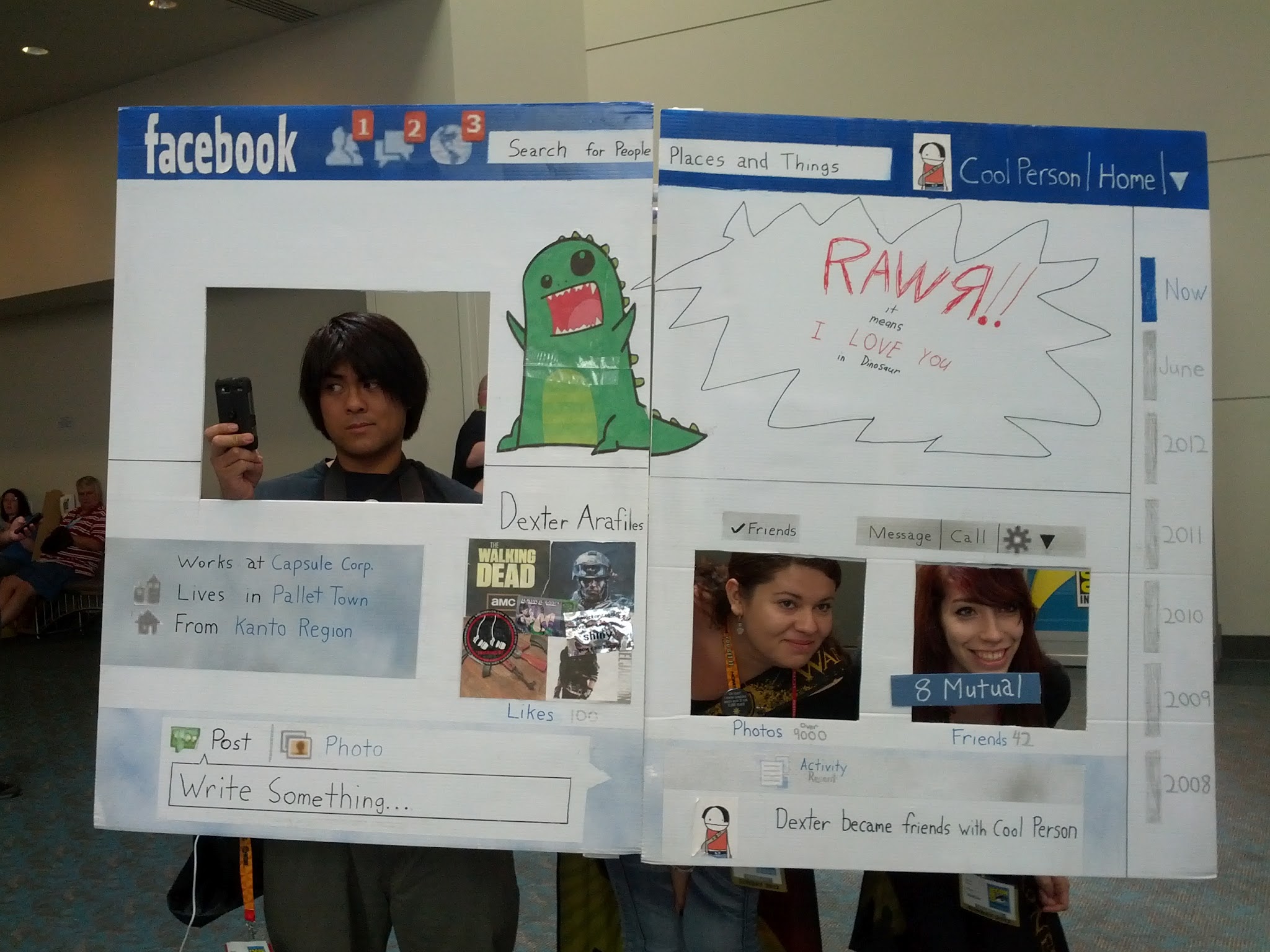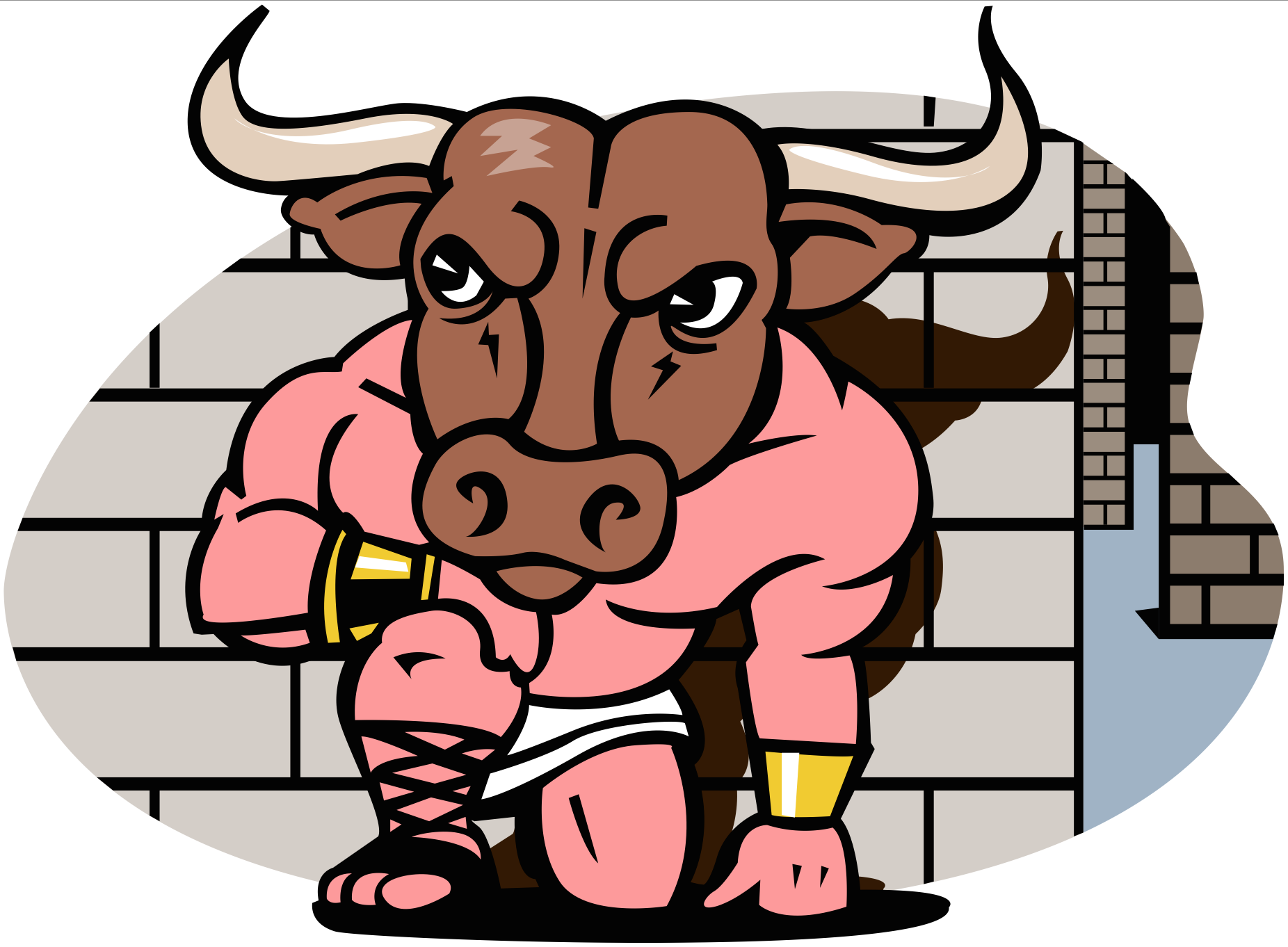Today ends tight-integration between Google Drive and Photos, which when working on Chromebooks I earnestly depended for the fluidity of my imaging workflow. As expressed about three weeks ago, the change contributed to my decision to abandon all things Google. I have lost trust in the company’s commitment to treating users as customers; they are instead beta testers for products and commodities to be profited from. That’s the price paid for free.
I have waffled about Alphabet for more than a decade—delighting in beneficial innovation and ignoring even my own analysis about Google’s profiting from—no, exploiting—content created by others. As I have written before: “Google is a leech that feeds off the intellectual property of legitimate content producers. The search giant profits from your good work, reducing its value in the process. Stated differently, ‘You create it, we sell it, and you must give it away for free’. How convenient that Google assigns such value, free, to someone else’s good work, while producing little content of its own”.

